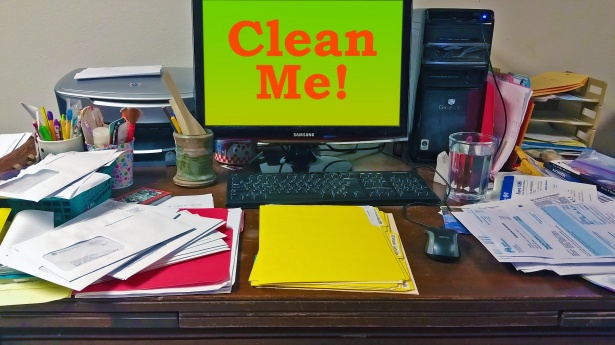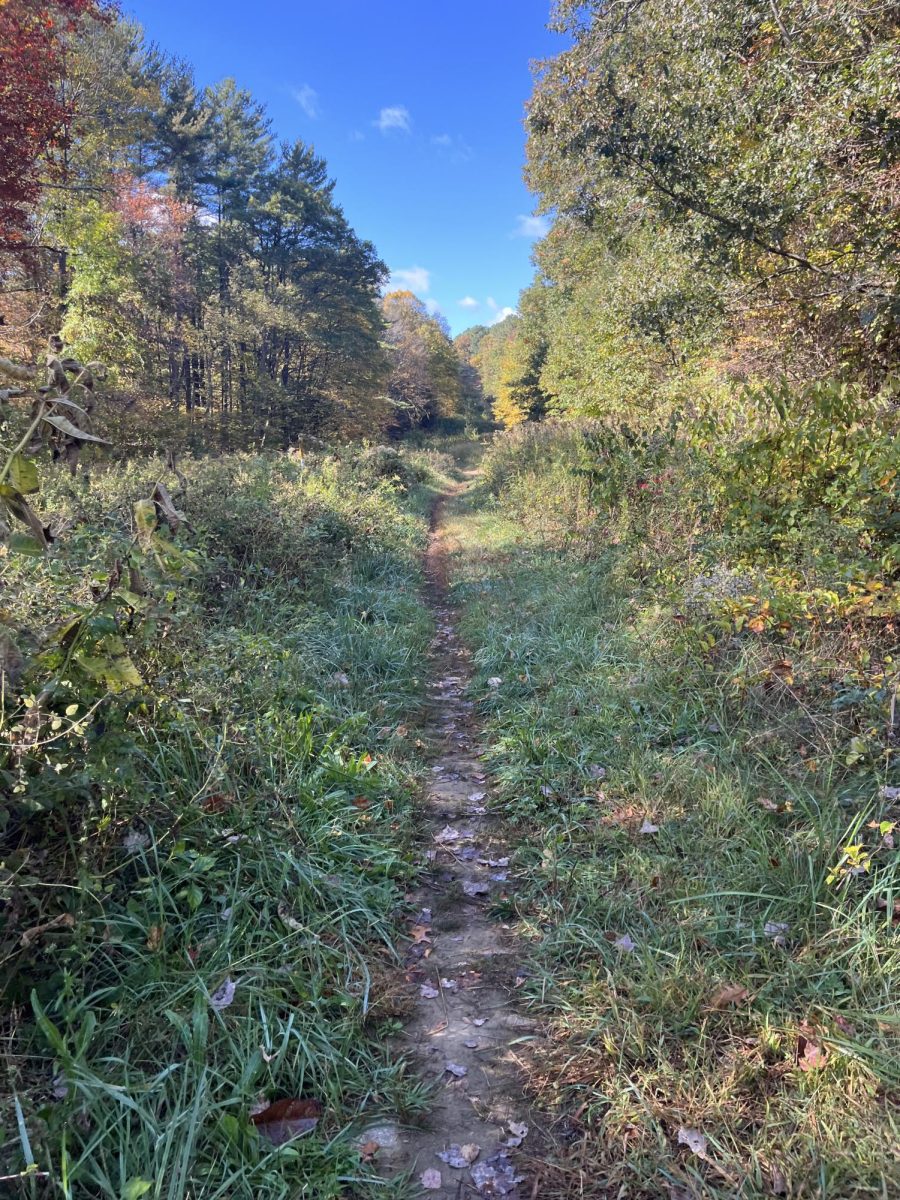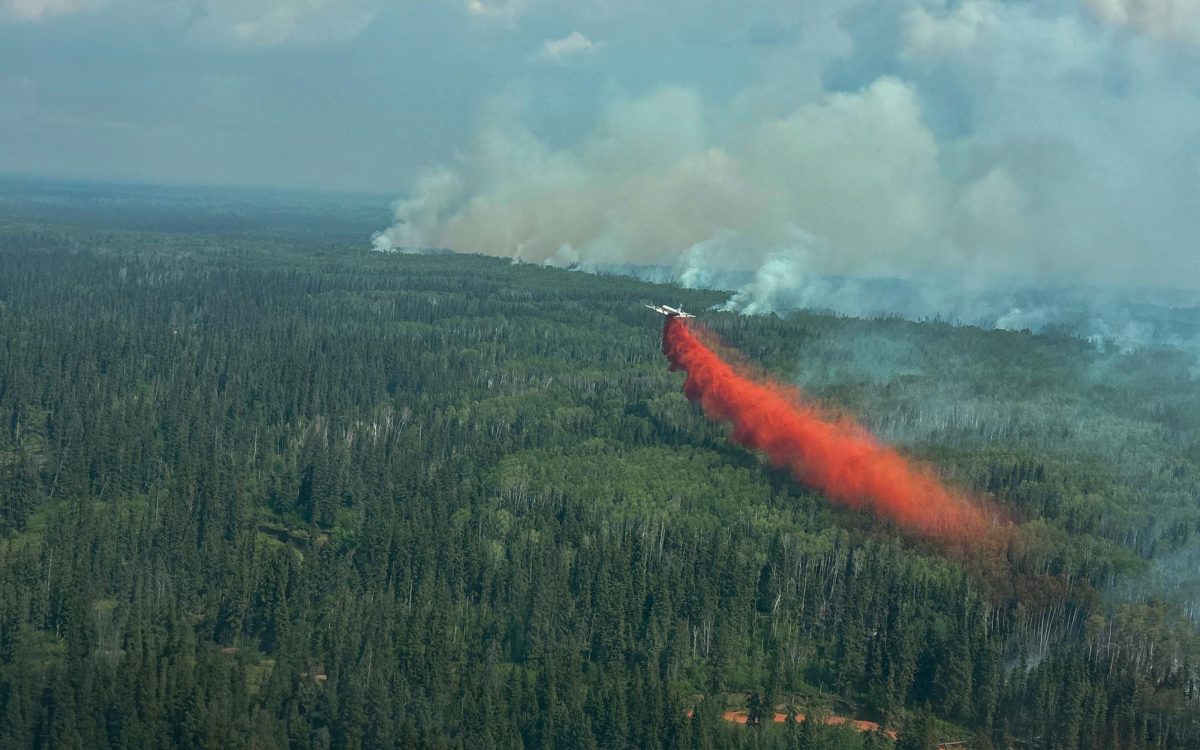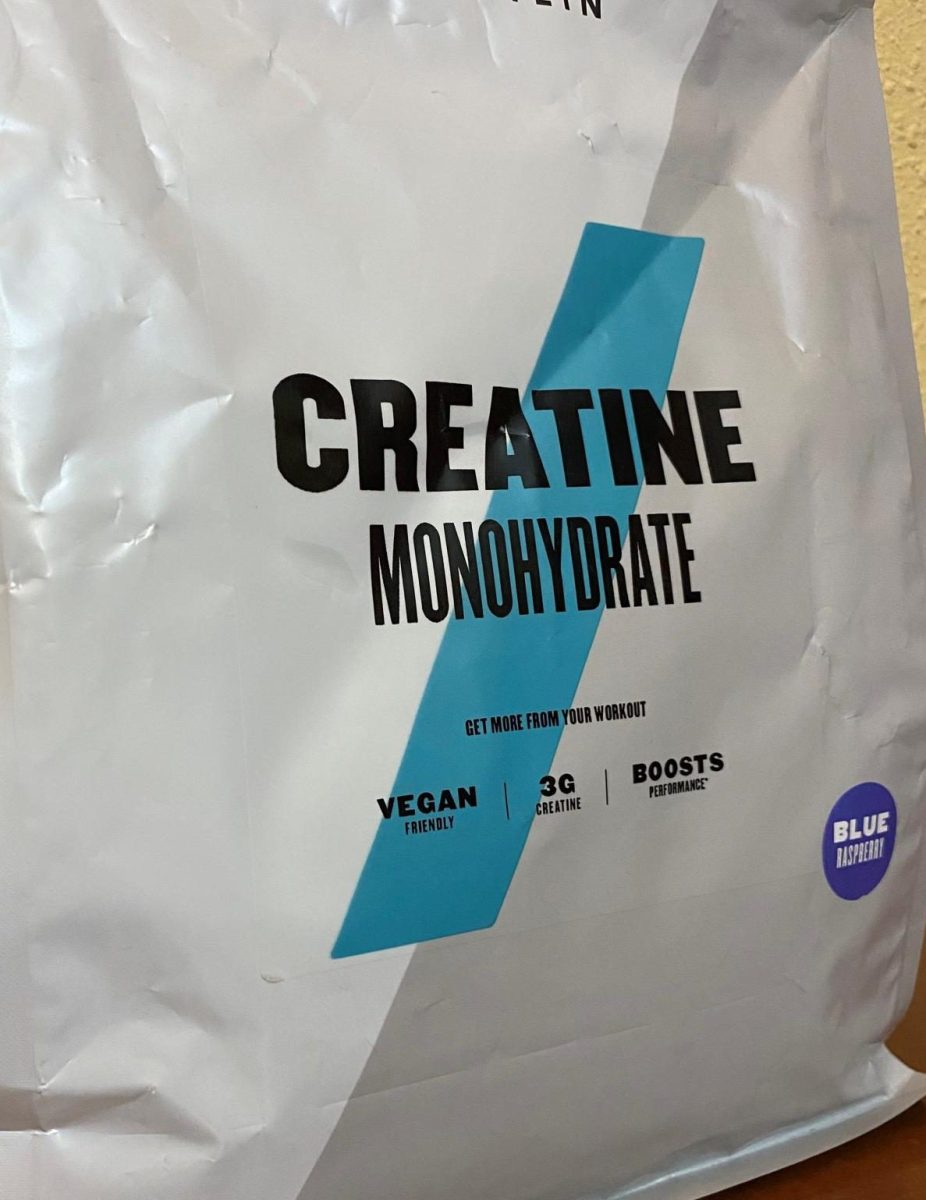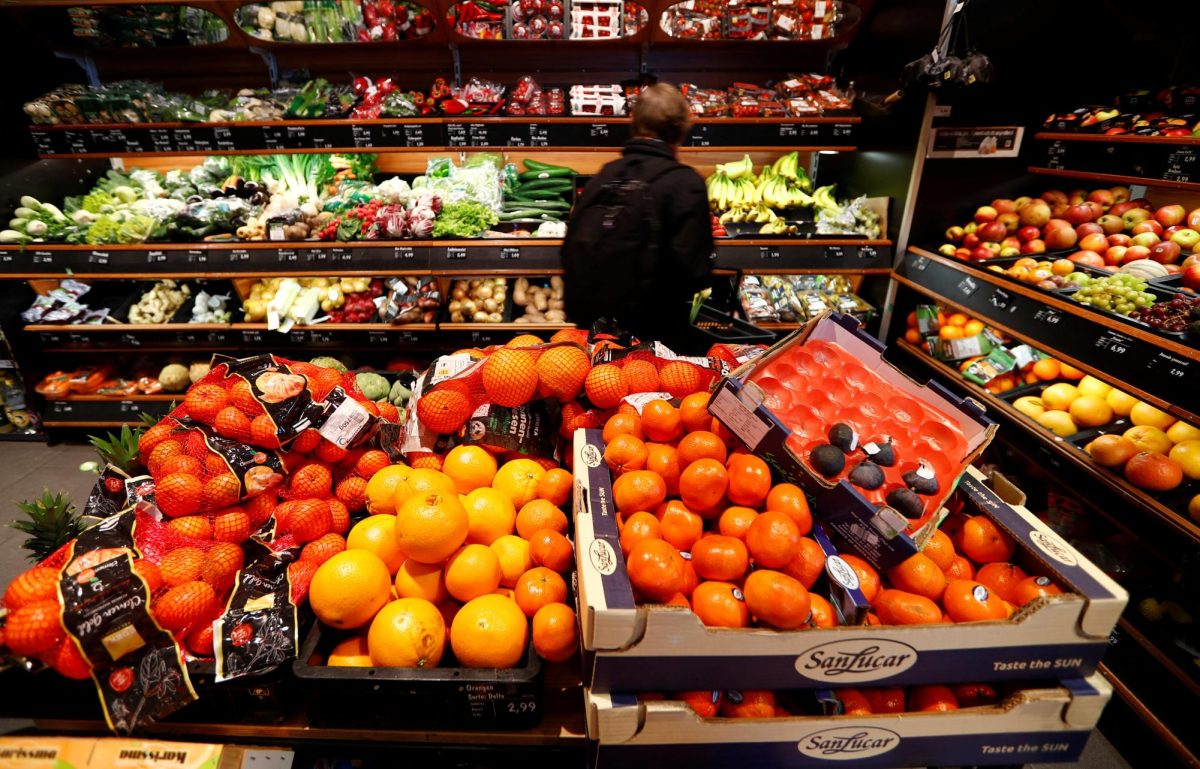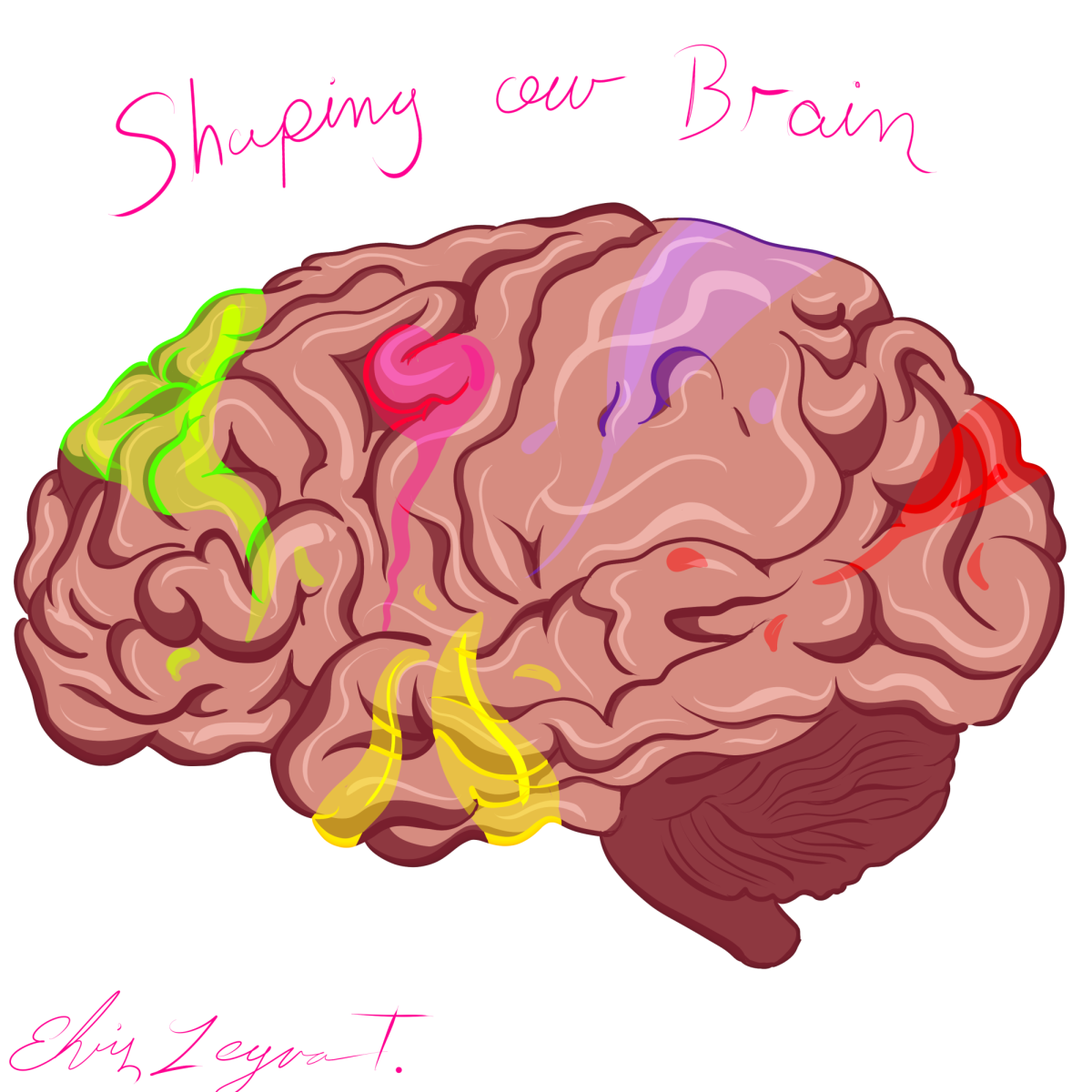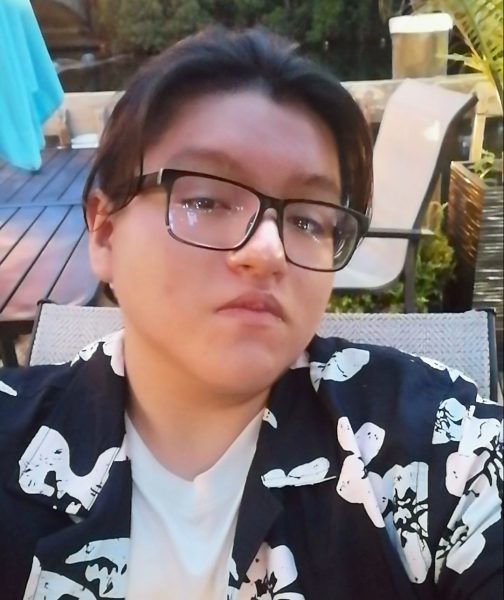It has always been a topic up for debate: are we guided by the force of nature or creating our own way by the reason of nurture?
During our life, we are surrounded by people that change our perception of how the world works, like our parents, friends, partners, etc. These little but big contributions can change how we act or show affection to others. It can be by words, actions or any kind of unconscious or unintentional reactions like blushing, hugging, kissing, etc.
This also happens with the environment! Fast Company states that people from indigenous communities or tribes are more likely to take fewer risks than people from the big cities because their lifestyles are different. For example, we can go to a supermarket and buy some food for the day or the week, but indigenous people have to hunt their prey and live with fear to be killed by a wild animal. Therefore, while they have to live in tougher circumstances and have to work harder to survive, they do not take the same risks as people from the city.
They came to this conclusion by an experiment where they proposed to city kids from the U.S., Argentina, and India to have one candy today or wait a day and have an increased number of candies the next day. Most of them choose to wait and have more candies the next day. This shows how they were more accessible to industrialized materials and how much patience they had to pick that option and wait until they had more candies.
They proposed the same deal to kids from the Amazonian Ecuador, the Shuar Indigenous Community. The only way to reach them was to take a long canoe ride up the Morona River. Their lifestyle was far different; they maintained more traditional manners like hunting in the wild, cultivating garden crops, fishing, etc. Industrialized goods are not critical to their life, at least not like they are for us.
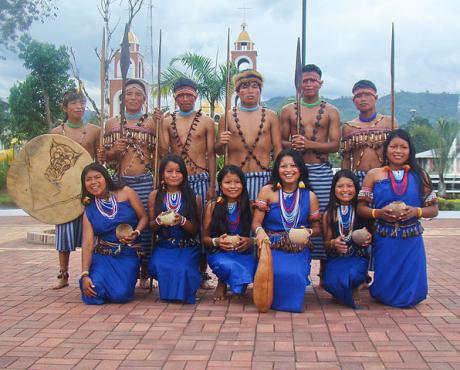
So, when they proposed the deal to the Indigenous kids, most of them looked impatient and choose one candy at that moment instead of waiting to have more candies. So, the collaborators of Fast Company came to a conclusion: due to the constant risk of the wilderness they have to live with everyday, they are usually taking the safest option in order to survive. This is an example of your personality or behavior changing due to the environment you live on.
This environmental behavior also applies to the people you hang out with. You can be a lovely person or joke around, and it depends on who you hang out or talk to.
It happened to a friend of mine. He was always funny and cocky until he had a girlfriend, and then he treated everyone calmly and used fancy words he never used before. Relationships can really change the words do you use, the actions you do, and your mental state.
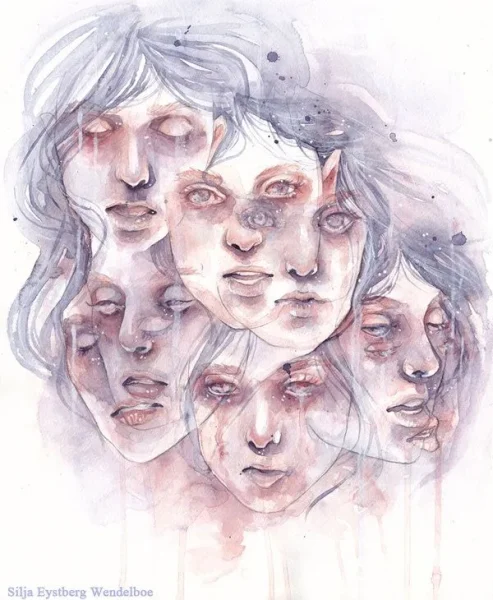
Your personality is always different around different people because they naturally awaken certain traits in you. If you are being yourself and feel comfortable when you are around a specific group of people, they’re a good fit. Instead, if you change your personality around the same people on purpose, maybe you are feeling pressure to fit with them.
In other cases, your personality will be affected by mental disorders like the Dissociative Mental Disorder (DID) or most common called Multiple Personality, a mental health condition where you have two or more personalities that control your behavior at different times.
When this happens, you will have gaps in your memory. Depression also affects your personality, and maybe you avoid talking with other people or just pretending that you are okay when you aren’t.
And many other mental health conditions can affect our personality and perception of the world like schizophrenia, a mental disorder that involves delusions, hallucinations, unusual physical behavior, and disorganized thinking and speech that always affects your emotions and personality towards other people.
Changes in personality aren’t limited just to this example, but in fact, the problem might be bigger than this, and we need to keep studying how some traits or behaviors are related with our relations with other people.















